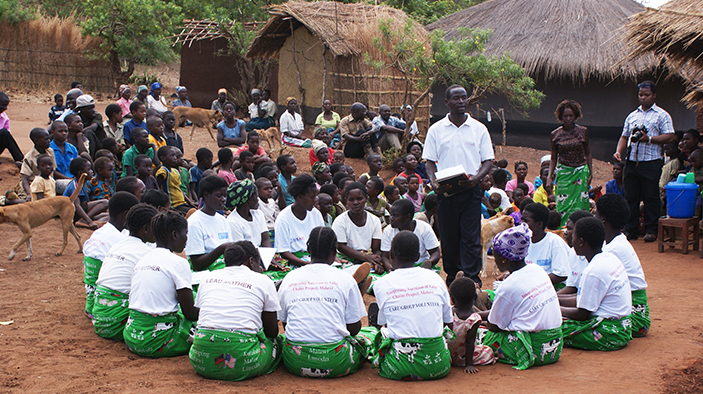Malawi—Feed the Future Integrating Nutrition into Value Chains
Client: U.S. Agency for International Development
Duration: 2012-2016
Region: Sub-Saharan Africa
Country: Malawi
Solutions: Economic Growth
DAI and our partners, Michigan State University and Save the Children, focused on inclusive value chain building in Malawi and smallholders’ decision-making on which crops to plant and consume, acknowledging that smallholders operate under short horizons with limited assets and coping strategies for handling fluctuations in food and income.
The project promoted agriculture-led, integrated economic growth approaches to increase the competitiveness of the legume and dairy value chains; improved productivity through soil and water management practices; reduced chronic under-nutrition; fostered innovation in agricultural value chains; and developed the capacity of local organizations and systems to promote climate resilience and adaptation.
The project was also the U.S. Agency for International Development’s implementation vehicle to execute Feed the Future and Global Health Initiative strategies. Issues critical to the project’s success included information and communication technology, HIV/AIDS, access to financial services, policy advocacy, and climate adaptation.

Sample Activities
-
Invest in the competitiveness of the legume and dairy value chains where large numbers of smallholders participate, nearly three-quarters of whom are under the poverty line of $1.25 per day.
-
Link increased market-oriented production of legumes and dairy to household consumption and improved nutrition.
-
Strengthen Malawian agriculture-related organizations, providing indigenous institutions, both government and nongovernmental, with the capacity to sustainably implement project components.
-
Support community programs targeting behavioral change in nutrition.
Select Results
-
Reached more than 1.7 million direct and indirect beneficiaries, members of some 321,000 rural households.
-
Increased the number of soybean farmers using double-row planting by 56 percent and groundnut farmers using the improved method by 41 percent.
-
Improved nutritional status among children under the age of 5. Stunting dropped from 47.3 percent to 35.7 percent over the life of the project.
-
The prevalence of underweight children declined from 13 percent in 2014 to 10.3 percent in 2016.
RELATED CONTENT:
Afghanistan—Promote: Women in the Economy (WIE)
The U.S. Agency for International Development’s Promote: Women in the Economy (WIE) program bolstered women’s inclusion in Afghanistan’s economy.
Read More